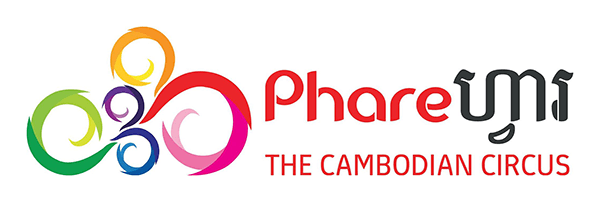Most temples’ names in the Angkor area make use of special terms from the Khmer language. Here you can see a list comprising some of those terms and examples:
- Angkor: Literally means “city”. Angkor comes from the Sanskrit word nagara.
- Banteay: It means “citadel” or “fortress” and it’s used for walled temples.
- Baray: It means “reservoir”.
- Phnom: It means “mountain” or “hill”. Even small hills are named Phnom.
- Prasat: It means “temple”. Prasat comes from the Sanskrit word prasada.
- Preah: It means “God” or “King” and it can also be used as adjective meaning “sacred” or “holy”. ( For instance, Preah Khan means sacred sword.)
- Srei: It means “woman”. (For instance, Banteay Srei means citadel of women.)
- Ta: It means “grandfather”, or sometimes “ancestor”. (For instance, Ta Prohm means Ancestor Brahma.)
- Thom: It means “large”. (For instance, Angkor Thom means large city.)
- Wat: It comes from the Sanskrit word vattaram and it means “temple”. (For instance, Angkor Wat means temple city.)
It´s pretty easy, right? Just with these few words you are able to understand most Angkorian temple names. Here we go:
Khmer terms of Angkor: Try by yourself
- Angkor Wat = city temple / temple city
- Angkor Thom = city large / large city
- Banteay Srei = citadel of women
- Preah Khan = sacred sword
- Prasat Kravan = Temple Artabotrys Odoratissimus : -)
- Ta Prohm = ancestor Brahma
- Wat Bo = Even not knowing the meaning of Bo, now you know this is a temple! :)

Affiliate*

Phare, the Cambodian Circus
A highlight in Siem Reap! Buy tickets online directly on the Circus Phare website*.
Links and references with a * are an affiliate link (advertising link). If you like Visit Angkor and buy, book or subscribe to something via an affiliate link, the provider will make a small commission for Visit Angkor. Of course, there are no additional costs for you.
Join our Facebook group
International travel group with friendly people who love Cambodia. We speak English, German and a little Khmer.
By the way: We write here at Visit Angkor with a lot of passion and love. Nevertheless, it can happen that information is no longer up to date or perhaps even incorrect. We would be happy to hear from you so that we can update the information accordingly. Thank you very much!



I enjoyed a trip thru Cambodia a few years ago and have been confused by the use of the terms prasat, preah, and wat. Thankyou for the list, and clarification of the terms it has been most helpful.
Hi Lyn, thank you for your comment. Makes me happy, that the article helps :)